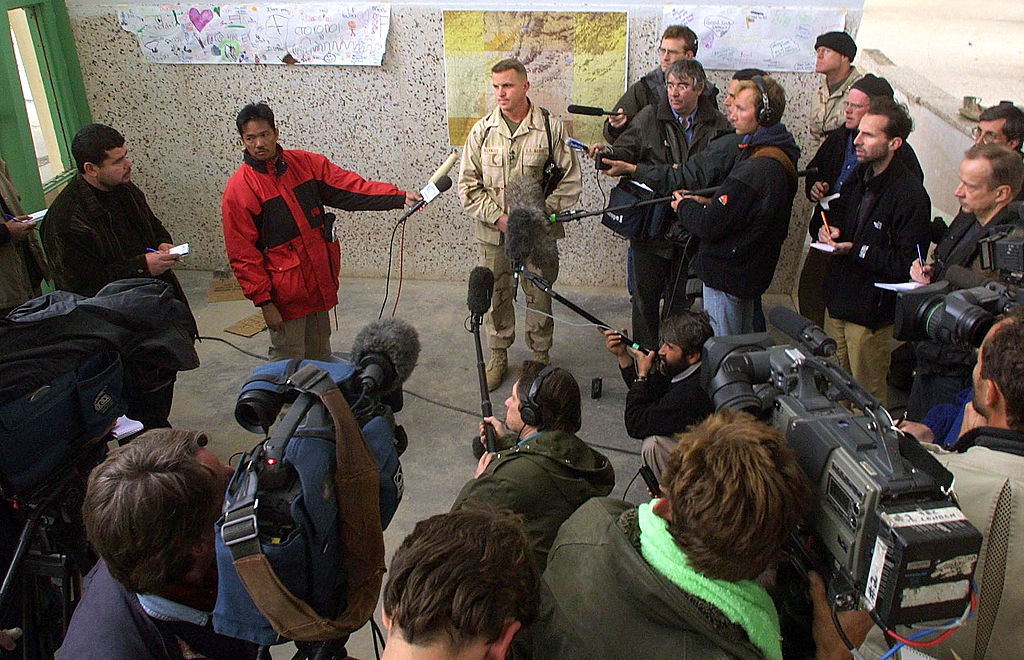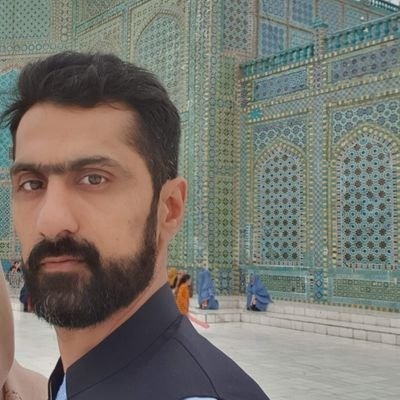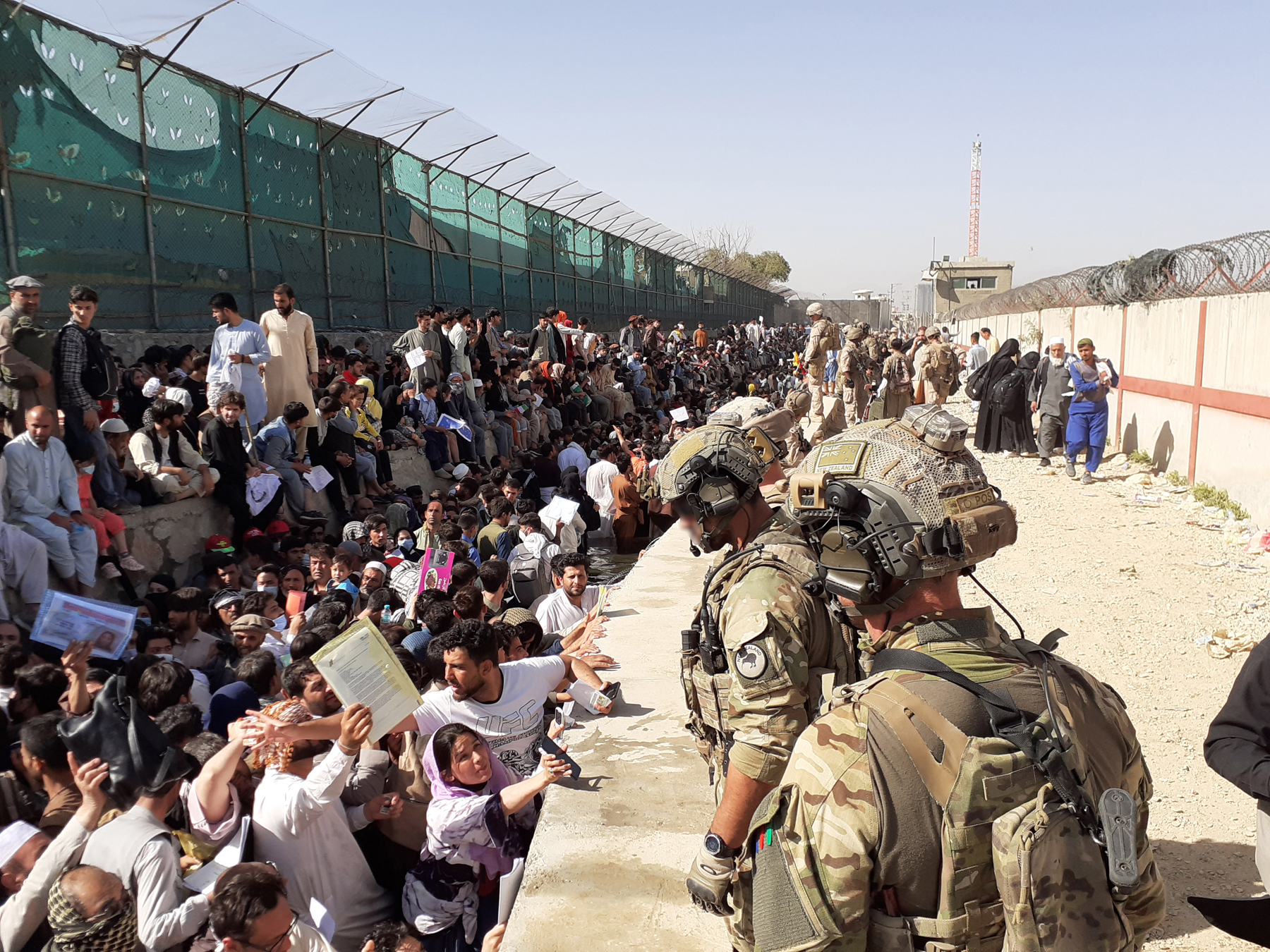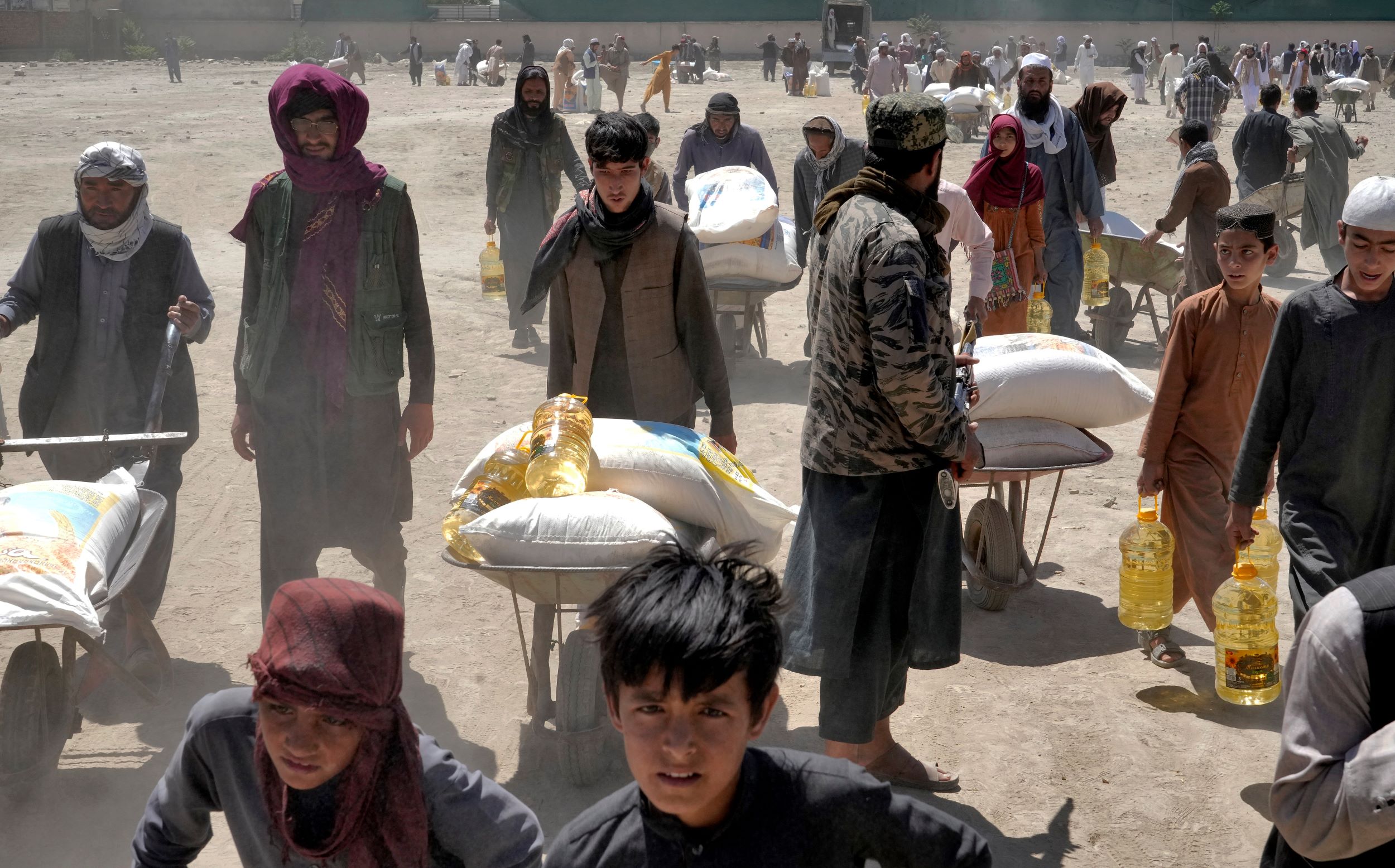This article was originally written in Persian and translated into English with the assistance of AI, with further editing by the editor of AJR.
An account of a female Afghan journalist who persisted in her work in spite of the Taliban's comeback, using her writing to expose the harsh realities of oppression and promote women's rights. In defiance of the Taliban government's prohibitions on female education, she oversaw underground schools for girls and reported under a pseudonym while constantly fearing for her safety.
A Desperate Beginning: Journalism as a Means of Survival
I can call myself a journalist of the Taliban era. Driven by despair and hopelessness, I turned to journalism. For one year, I worked without any income, providing information entirely for free. I primarily wrote about my own situation and later focused on other women and the hidden aspects of women's lives under Taliban rule. Alongside informing the public and writing in newspapers, I also manage underground schools for girls; it calls Daricha community schools for girls in Afghanistan. Every day, I am in contact with twenty provinces in Afghanistan, inquiring about the conditions of women and listening to teachers who are stressed, fearing that their schools might be exposed or that they might be arrested for teaching girls. Journalism and teaching girls are among the riskiest professions for anyone, man or woman, in present-day Afghanistan.
Under such circumstances, I picked up my pen, hoping to shake off the burden of my despair, even for a moment.
Pseudonyms and the Masks of Afghan Female Journalists
The first article I wrote was published in March 2022. Nimrokh, a newspaper run by women and based in Calgary, Canada, is electronically accessible in Afghanistan, though it is filtered online. By using VPNs, one can access its articles. Nimrokh, on the occasion of International Women’s Day, called on Afghan women to send in their writings. In that article, I wrote about my own situation: how I would wake up every day at 11 a.m. and not know what to do with all the free time I had. The Taliban had taken my job. My friends had all emigrated. All television networks were under Taliban control, and no one dared to speak against them or broadcast images of their countless atrocities. Visual and audio media were entirely under Taliban control. Among print media, only outlets with management outside the country operated electronically, though these too were filtered online in Afghanistan.
Under such circumstances, I picked up my pen, hoping to shake off the burden of my despair, even for a moment.
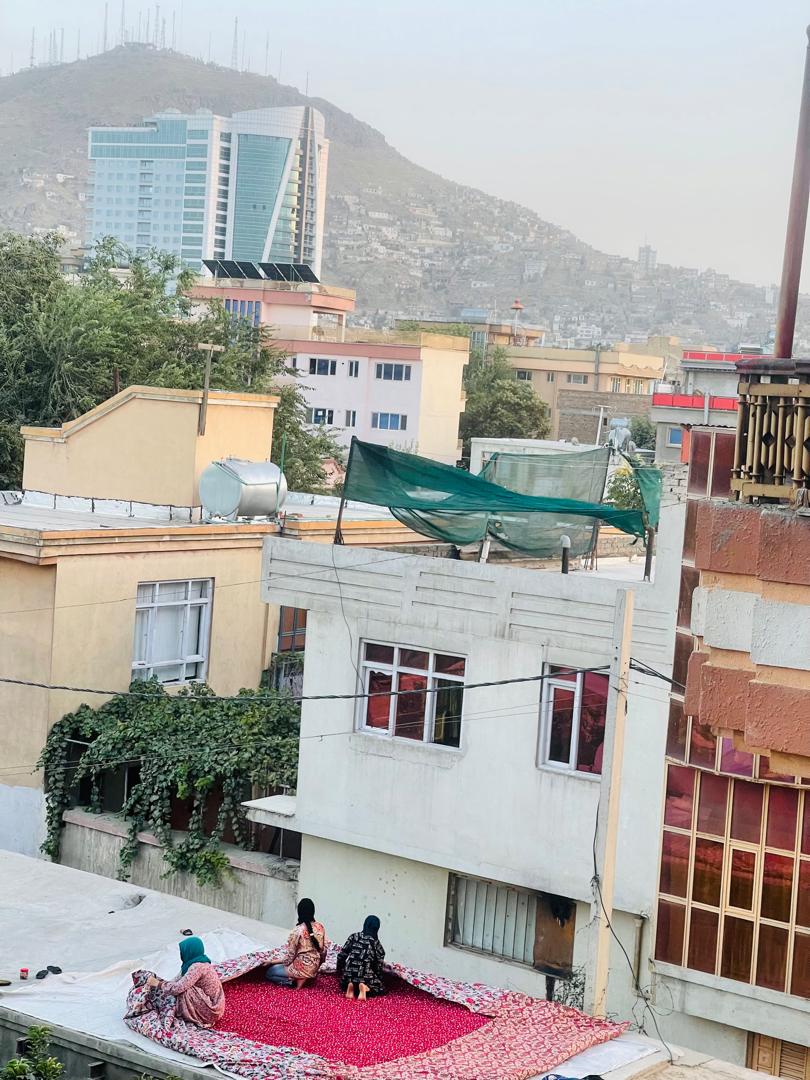
The BBC published a report titled “What Happened to Afghanistan’s Media in 2023?” by Ibrahim Amiri on December 24, 2023. According to this report, before August 2021, 12,000 journalists—men and women—were working in Afghanistan. After the Taliban's rise to power, two-thirds of these journalists left the profession. A significant portion left the country in the first year, while those who remained lived under concealed identities and addresses. Media owners and television network employees were like captives, forced to dance to the tune of their jailers. They asked female journalists to cover their faces with masks. Female anchors and news presenters performed their daily duties with their faces covered in black masks.
Social media platforms are filled with news of journalists being arrested and imprisoned. In 2023 alone, according to reports from impartial international organisations, at least 110 incidents of violence against journalists were recorded. Additionally, three journalists in Balkh and one in Kabul were killed. According to the BBC report, during the two years of Taliban rule, 80% of female journalists left their jobs. After August 15, 2021, when the Taliban formally took control of Afghanistan, the entire nation suffered in various ways, but women were the primary victims. Even before the Taliban officially announced their decisions, women knew they would lose their jobs, regardless of the field. Female journalists were among the first to face heightened risks.
Courage in Silence: Writing in Fear Under Taliban Rule
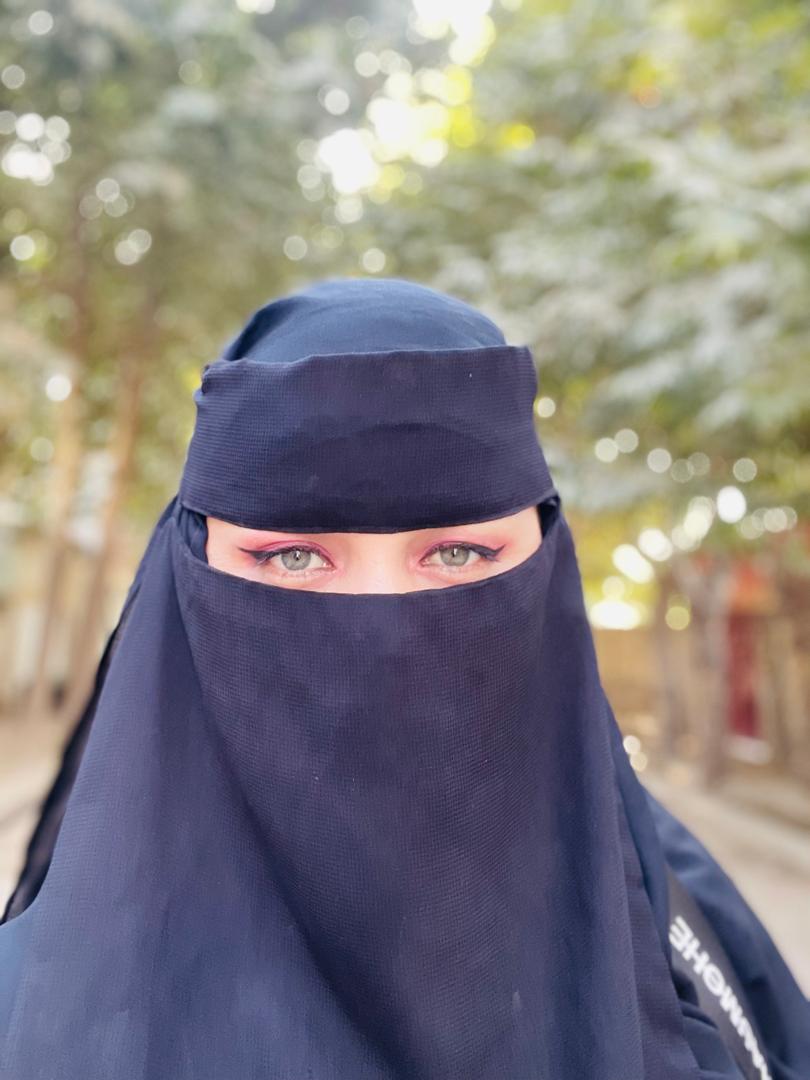
In December 2022, I wrote an article for 8 Sobh newspaper titled, “Where is this Taliban from in Afghanistan?” I wrote it in anger after universities were closed to girls. I didn’t know how to express my protest, and I thought writing the article was a significant act. The article was published, but I didn’t sleep for two nights afterward. Everyone who read it warned me to be cautious about my safety. Friends, family, and even my father’s friends advised and pleaded with me not to “play with fire.” My father repeatedly asked me not to risk my life. Those nights were genuinely terrifying. On one hand, universities had been closed to female students, and female employees were told not to return to work. On the other hand, it was impossible to protest. Afghan women were left utterly abandoned, with no organisation, country, or supporter to defend their right to education.
In that article, I asked, “Where is this Taliban who claims that education for women is not permissible from in Afghanistan? Because every man I knew, from every corner of Afghanistan, was not opposed to women’s education and work.” That article caused me weeks of nightmares. Every knock on the door startled me, and I was terrified by every loud noise.
The Struggle Continues: Resistance and Pseudonyms for Protection
In April 2023, I joined the Zan Times group. Zan Times is a digital newspaper run by women, giving a voice to Afghanistan’s marginalised and women. It was founded after the Taliban takeover and is based in Canada. For $50 a month, I wrote one story about the conditions of women, sending accompanying evidence such as photos, videos, and audio files via email. They asked me to choose a pseudonym. It was the first time I thought about using a name other than my own. Initially, I said I wasn’t afraid of the Taliban and preferred to work under my real name. They explained that the newspaper’s policy required journalists in Afghanistan to use pseudonyms, as they couldn’t ensure my safety in case of any issues. I chose a pseudonym and published my writings under that name each month. Only I felt the joy of writing and publishing those narratives; no one knew who was behind the words and pain. Most journalists, male and female, now work from inside Afghanistan under pseudonyms. Strange and peculiar names accompany excellent reports and articles.
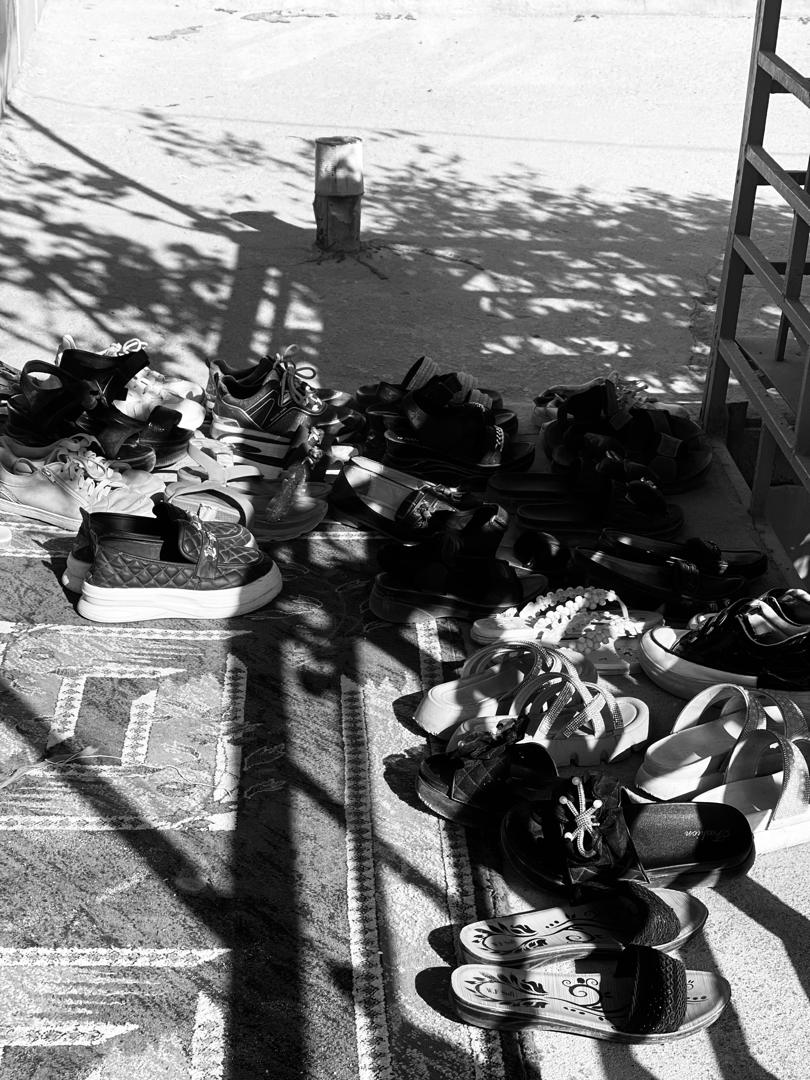
In May 2024, I participated in an online journalism workshop organised by Zan Times, attended by 35 female Afghan journalists. Everyone used pseudonyms, and we were not allowed to turn on our cameras. We were colleagues and fellow sufferers, yet we couldn’t see each other’s faces.
On August 24, 2024, the Taliban’s Ministry of Justice implemented their "Commanding Good and Forbidding Evil" law, imposing restrictions on the media. Article 17 of this law states that media outlets are prohibited from publishing images containing living beings. Since the Taliban consider women to be a degree lower than living beings, even stricter limitations apply to publishing images of women. Despite this, some visual media outlets still resist, retaining female anchors who appear in black masks and black clothing.
References:
What happened to the Afghan media in 2023? - BBC News English
Women's voices silenced in Takhar - Daily information
Where is the Taliban from in Afghanistan? | Hasht-e-Subh newspaper
Jailed for slander and released on bribes - Zan Times
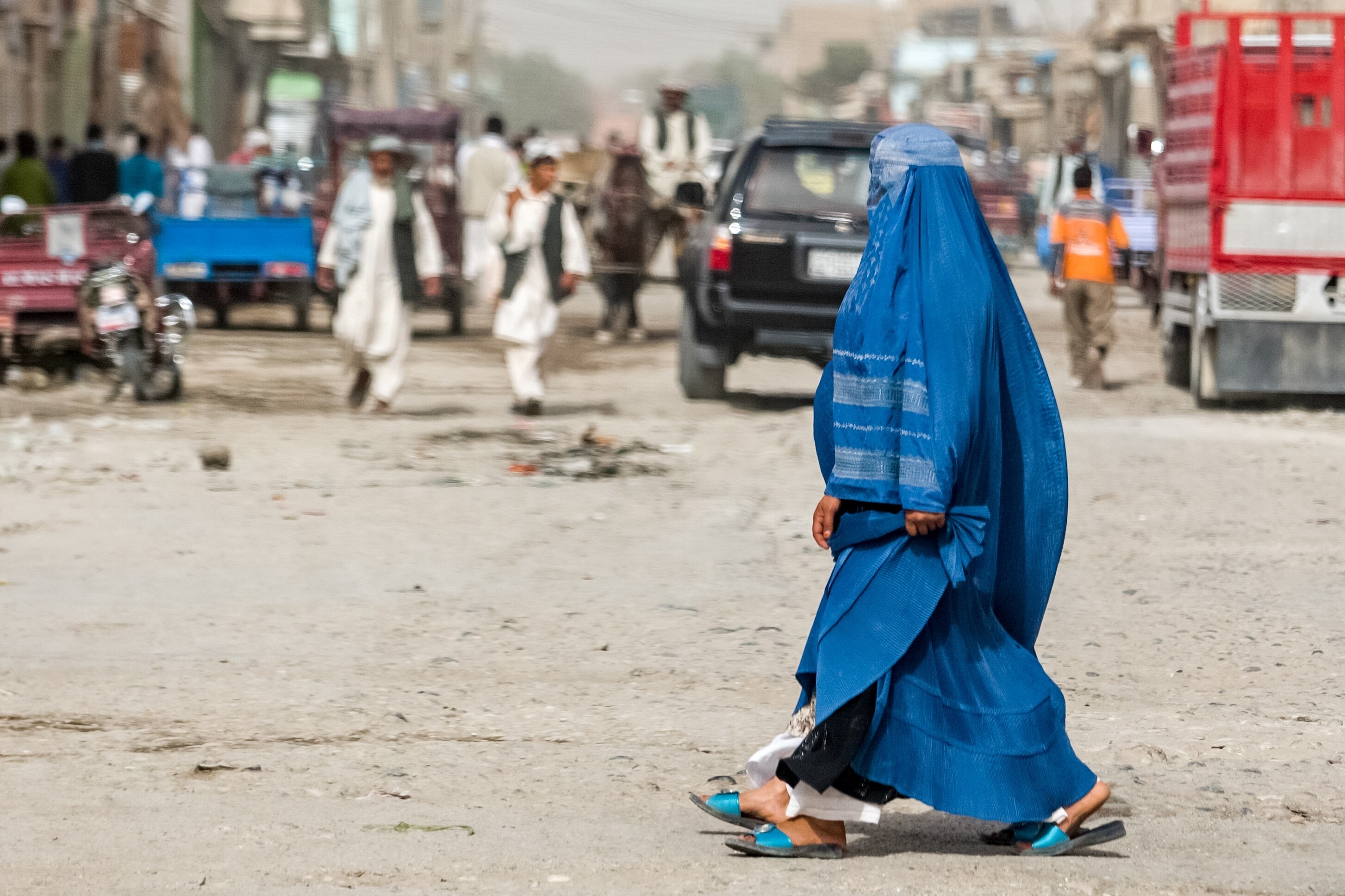
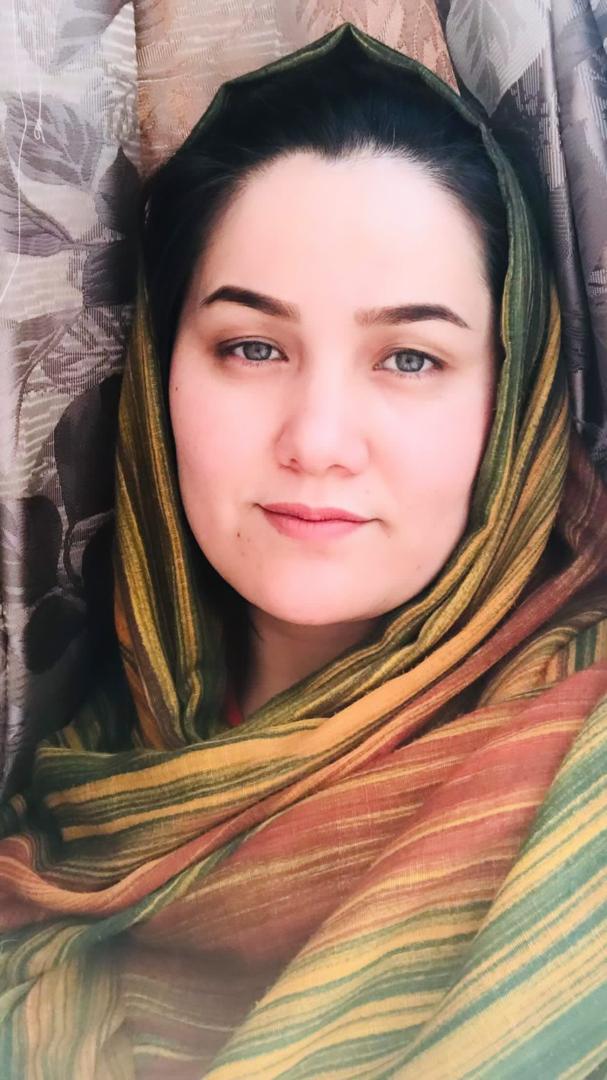

![Alireza, left, and Zakarya met on a reporting assignment in Kabul in 2014 [Photo courtesy of Zakarya Hassani]](/sites/default/files/ajr/2021/Alireza3.jpeg)
